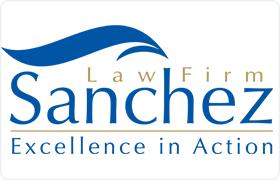Pflugerville Credit & Debt Lawyer, Texas
Sponsored Law Firm
-
 x
x

Click For More Info:
-
Sanchez Law Firm
150 W. Parker Rd. 3rd Floor Houston, TX 77076» view mapReal Estate Excellence In Action
We advocate for our clients in and out of court. When you and the system meet head on, you need an attorney who is experienced, credible, and active.
800-785-3351
Richard Jonathan Cahan
Commercial Real Estate, Science, Technology & Internet, Wills, Banking & Finance, Credit & Debt
Status: In Good Standing
Richard Jonathan Cahan
Commercial Real Estate, Science, Technology & Internet, Banking & Finance, Credit & Debt
Status: In Good Standing
Mark Randolph Lee
Litigation, Science, Technology & Internet, Administrative Law, Credit & Debt
Status: In Good Standing Licensed: 26 Years
Douglas Grant Cornwell
Construction, Employee Rights, Administrative Law, Credit & Debt
Status: In Good Standing Licensed: 25 Years
Doy Freitag
Litigation, Family Law, Business & Trade, Credit & Debt
Status: In Good Standing Licensed: 39 Years
Doreen Lucille Wheeler
Consumer Rights, Business & Trade, Credit & Debt, Consumer Bankruptcy
Status: In Good Standing Licensed: 35 Years
 Benjamin Sanchez Houston, TX
Benjamin Sanchez Houston, TX Practice AreasExpertise
Practice AreasExpertise
